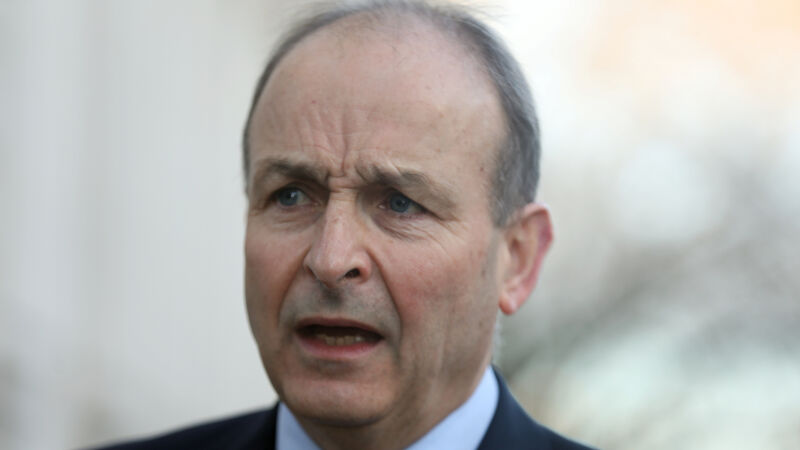Peak of Omicron may not be seen for 10 days, warns Taoiseach

Micheál Martin said that while the vast majority of daily cases are of the Omicron variant, most ICU patients have the Delta variant. Picture: Leah Farrell/RollingNews.ie
Taoiseach Micheál Martin has denied the re-opening of schools on Thursday could worsen community infection with Covid.
He said the public health advice has been very clear that they see no rationale for not opening the schools, speaking to reporters after the Cabinet meeting, “They were very clear on that, as the Chief Medical Officer was yesterday,” he added.











